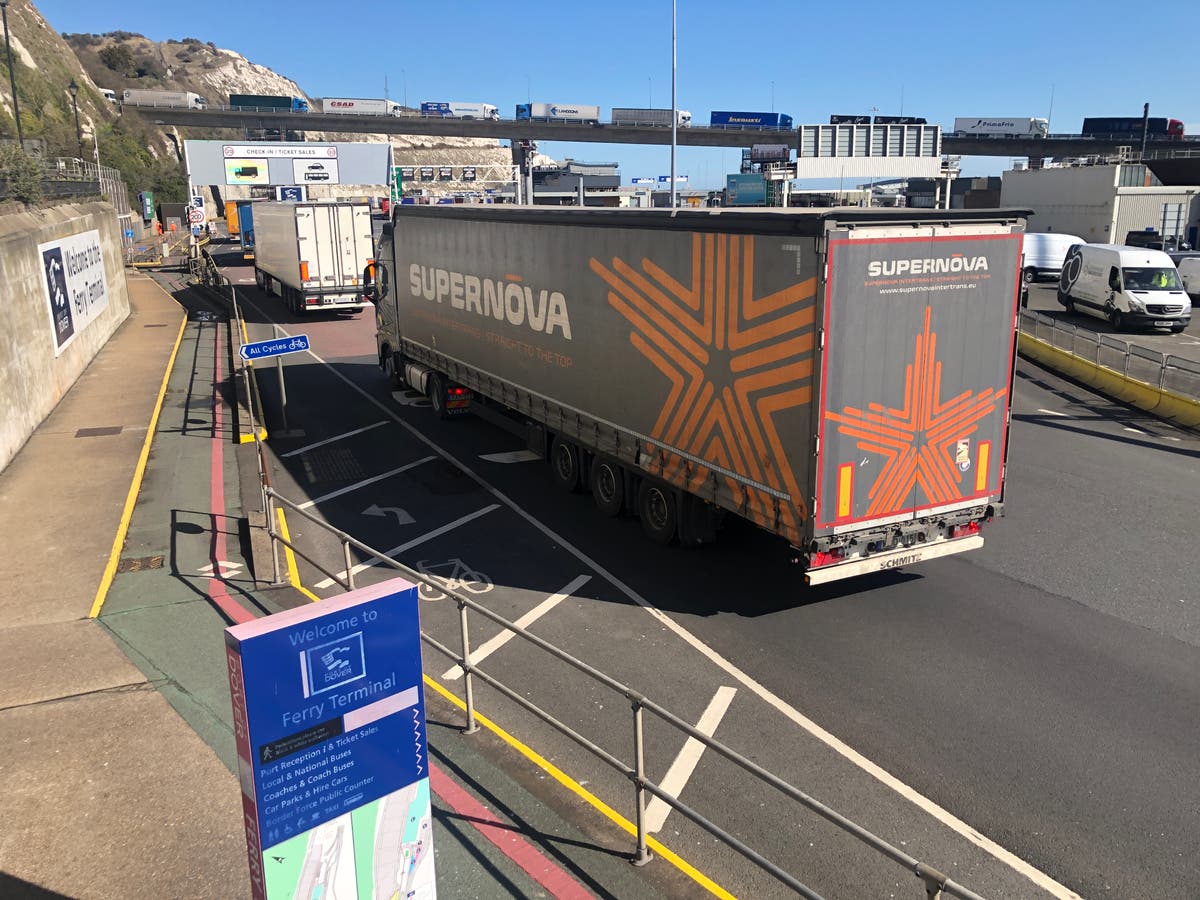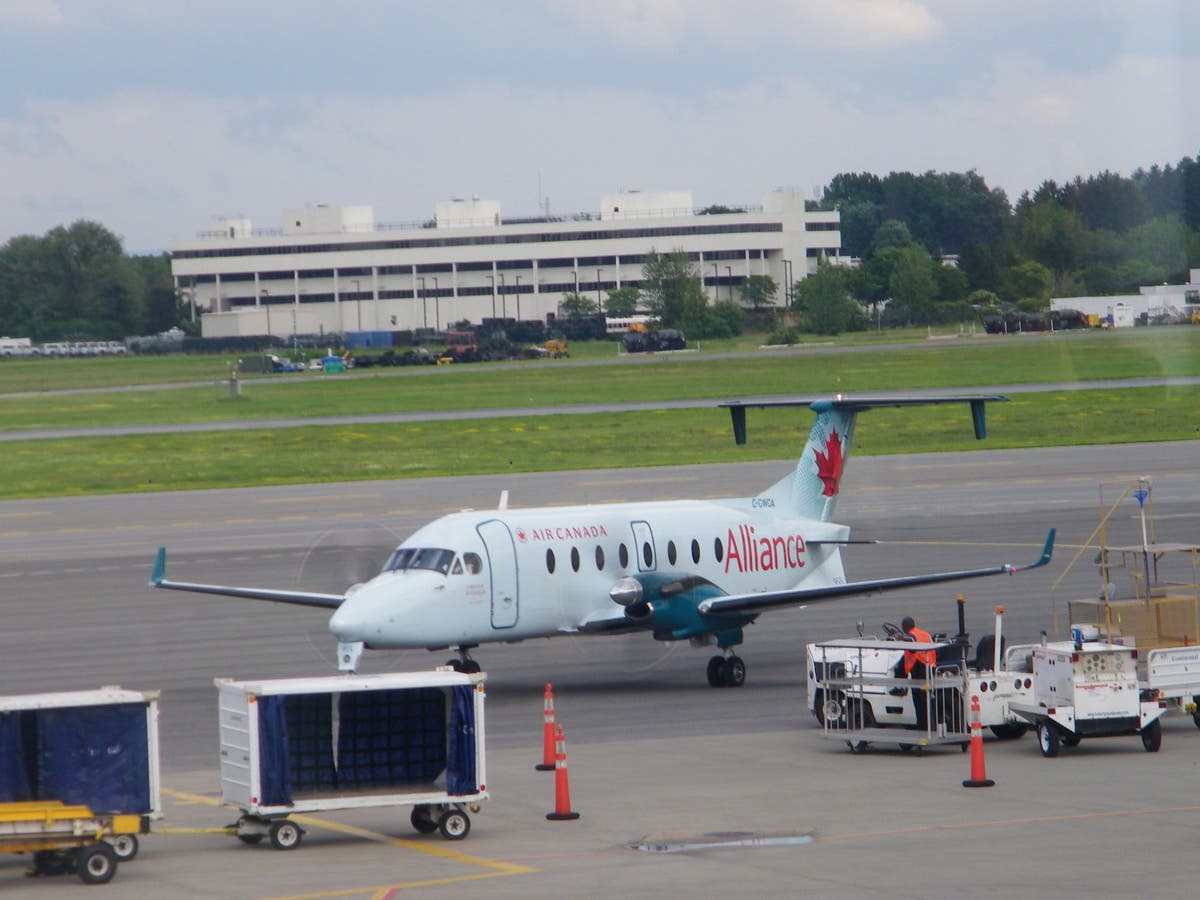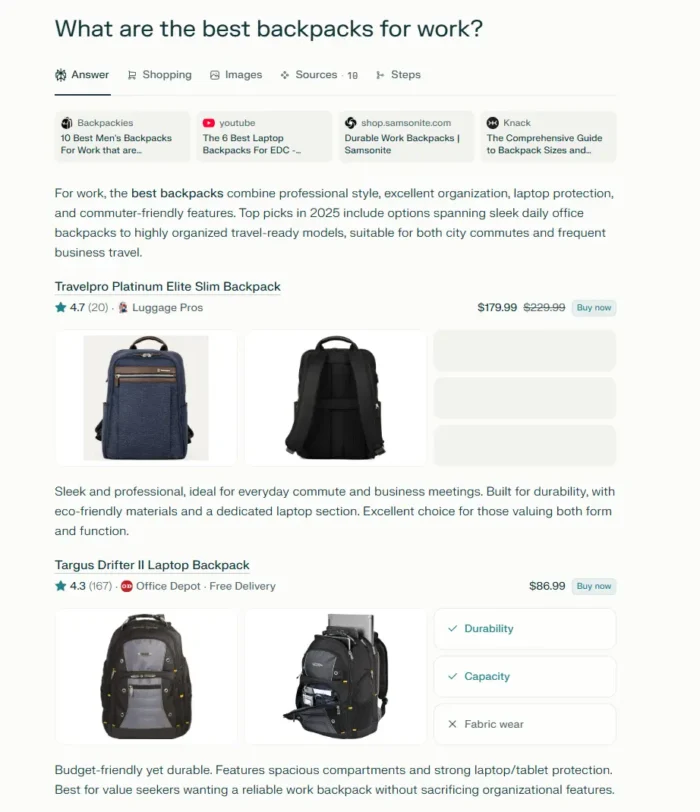What do we know about P&O Ferries and how will shipping change?
Prime minister has signalled a pay rise for many crew on ferries and cruise ships using UK ports

Seafarers on several ferries sailing to and from the UK, as well as mariners on cruises serving British ports, are set to receive pay rises when the government changes the law on paying crew next week.
A week ago P&O Ferries suddenly sacked 800 crew, planning to replace them with cheaper labour.
But the transport secretary, Grant Shapps, said: “We are going to make sure P&O have to U-turn on this.” He has vowed that shipping lines must pay seafarers at least the national minimum wage, and the prime minister has indicated that this will apply to any mariners on vessels in British waters.
These are the key questions and answers.
What’s the background?
In June 2021, Irish Ferries started sailing between Dover and Calais. This is the main route operated by P&O Ferries, and is also served by DFDS.
The business model of Irish Ferries uses cheap labour supplied through agencies. It could therefore undercut P&O Ferries, especially for freight. For many months, freight has constituted the main source of revenue, due to the coronavirus pandemic and restrictions such as the “amber plus” quarantine order from the UK government at peak summer 2021.
P&O Ferries claims to have lost £100m in the course of a year – which works out at £3 per second. The firm employs cheap agency labour on its Liverpool-Dublin route. But crew on Dover-Calais, Hull-Rotterdam and Cairnryan-Larne were paid at rates agreed with the two unions involved: Nautilus International, representing officers, and the RMT union for other crew.
The ferry company is owned by the Dubai-based DP World. At a meeting in Dubai in November 2021, the chairman and chief executive Sultan Ahmed bin Sulayem raised the “challenges” facing P&O Ferries with the transport secretary, Grant Shapps.
He said: “In respect of our ferry business, there’s a new low-cost competitor from Irish Ferries.
“This poses challenges in respect of P&O’s operations. We kept ferries operating during the height of the pandemic to support movement of people and goods.”
The transport secretary replied: “I’m aware of the issues relating to P&O. I recognise you will need to make commercial decisions, but please do keep us informed.”
What happened next?
On Wednesday 16 March 2022, P&O Ferries told the Department for Transport (DfT) that it intended to make its UK-based crew – totalling around 800 workers – redundant the following morning.
Next day, operations ceased. Crew were told to tie up their ships and stand by for a “major announcement”. Shortly after 11am many of them were told by a video call that they had been made redundant with immediate effect, to be replaced by cheaper agency labour.
The RMT union says the two agencies are Columbia Shipmanagement of Cyprus and Clyde Marine Recruitment, which is based in Glasgow. The latter says on its website: “We are Europe’s leading supplier of marine personnel, specialising in marine recruitment and bespoke crew management with offices in the UK, Poland and Latvia.”
Has P&O Ferries explained its action?
Yes. The firm’s chief executive, Peter Hebblethwaite, said: “We thought long and hard about the routes to this. We did consider every single option available to us, and we concluded that every single option available to us would result in the closure of P&O.”
He said the new crewing model “is a fundamentally different operating model, and no union could accept our proposal”.
He said that “£36.5m is, we think, the largest maritime settlement arrangement in history.”
Was the mass redundancy legal?
It is not clear. P&O Ferries’ ships are registered in Cyprus, Bermuda and the Bahamas, and staff are paid through Jersey-based companies.
A barrister, Andrew Burns QC, told MPs: “The law requires any employer that is contemplating making redundancies on a large scale to give two things: first, to give notice to the secretary of state; and, secondly, to consult with the appropriate representatives.
“There is a specific provision for employers that have employees on ships that are flagged in other countries apart from the United Kingdom, which is that 45 days before the first dismissal, the company must give notice to the appropriate authority in the country where the ship is flagged.”
This appears not to have been done until 17 March, the day of the mass sacking.
Mr Burns said: “What makes this case unusual is not contracting out, but contracting out with no notice and telling everybody on the day.”
Alan Bogg, professor of Labour Law at the University of Bristol, said: “The employer can calculate in advance what its financial liabilities will be, and then it can effectively buy itself out of the rule of law by offering compensation packages that go beyond what the legal remedies would be.”
Are the new crews safe?
No, according to the trades unions, but yes according to UK Maritime Services – which is responsible for signing off the ships.
Mark Dickinson of Nautilus International, who represents officers, said: “In Dover and Calais, you’re running passenger and freight vessels across the busiest shipping lane in the world. And you’re crossing it at, essentially, right angles. That’s the way it works.
“It’s an incredibly dangerous situation, and you need skilled, qualified, experienced maritime professionals.
“They do 10 crossings a day, and they do 12 hours a day.”
He said P&O Ferries wanted crew to remain on board for two weeks at a time. At present the system is one week on, one week off.
“It could take months, not days, to prepare a crew to safely operate those vessels,” Mr Dickinson said.
Mick Lynch, general secretary of the RMT union, said: “I’ve got no faith that P&O will run these ships safely.”
But Katy Ware, director of UK Maritime Services, said: “You have my absolute assurance that we will go into absolute detail to ensure that those crew on board are familiarised, qualified, trained, and that we are satisfied they can operate those ships safely.”
On the subject of time on board, she said: “You could have crew on board for up to six months; that’s permissible. The key thing here is ensuring that those crew have the hours of rest that are required by law.”
What happens next?
The transport secretary has vowed to overturn the business model used on several ferry links between the UK and European Union destinations, with firms ordered to pay at least the national minimum wage.
Speaking to BBC Today, Grant Shapps said: “There shouldn’t be a difference when you’re on shore to being within the, you know, there’s an economic exclusion zone around the United Kingdom, 12 miles, if you are regularly plying your trade, as P&O and any other ferry company, between two ports, back and forth, it shouldn’t be the case that you can avoid paying the minimum wage.”
Assuming a current pay rate of £5.50 per hour, as asserted to MPs by P&O Ferries chief executive Peter Hebblethwaite, moving to the national minimum wage of £8.91 would represent an immediate 62 per cent increase. This would presumably be passed on to customers.
Could this affect cruise lines?
Yes. On 23 March the prime minister told Parliament: “We will be taking steps to protect all mariners who are working in UK waters and ensure that they are paid the living wage.”
While cruise lines spend much of their time outside UK waters, many ships are based at British ports. Boris Johnson has indicated that all seafarers must be paid at least the legal minimum for working on dry land. This will undoubtedly be welcomed by crew but will push up costs for cruise lines – and, ultimately, passengers.
This appears to have started with Irish Ferries. What does the company say?
The Independent asked Irish Ferries for details of its crewing arrangements.
We were told: “Irish Ferries cannot provide comment on this.”

 Hollif
Hollif 































